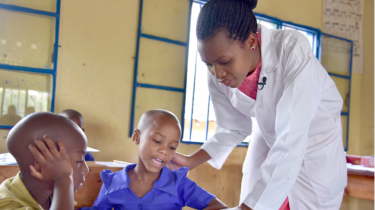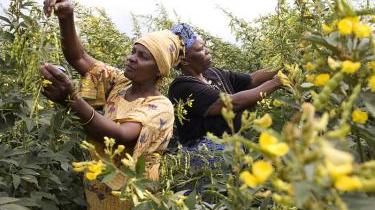For the past year Rebel and Triple Line have been working on a project for the World Bank, the Global Infrastructure Facility (GIF) and the Public-Private Infrastructure Facility (PPIAF), to explore gender inclusive approaches in private participation in infrastructure. Our team presented the study findings in a report that demonstrates how addressing project-related gender gaps can enhance the overall sustainability of infrastructure. We drew on quantitative and qualitative interview responses from major investors and case studies of infrastructure projects. The report was presented by the World Bank during the G20 4th Finance Ministers’ and Central Bank Governors’ Meeting in Washington, D.C. in 2022.
The report is part of a larger Mainstreaming Gender in Infrastructure project led by GIF and PPIAF. It is a unique investigation into how private investors perceive gender inequality and its importance for their investments. It examines perceptions of private investors and lenders related to gender equality and the inclusion of women and girls in infrastructure services and facilities in emerging markets and developing economies. As disclosure of Environment, Social, and Governance (ESG) information and sustainability reporting becomes more common in the private sector, understanding why and how gender inequalities matter within the sphere of social sustainability and inclusion is becoming increasingly important.
The report’s analysis is based on original semi-structured interviews which the team conducted with investors and lenders in the private sector who routinely invest in or finance infrastructure projects in emerging markets and developing economies. As well as showing how the investor community perceives the intersection between infrastructure and social sustainability and inclusion, particularly with respect to the inclusion of women and girls, it examines what social issues investors and lenders feel are important; and what actions they take in including women and girls in infrastructure projects and the challenges they face in doing so.
The report also contains three case studies of renewable energy projects in Vietnam, Haiti and Turkey.



